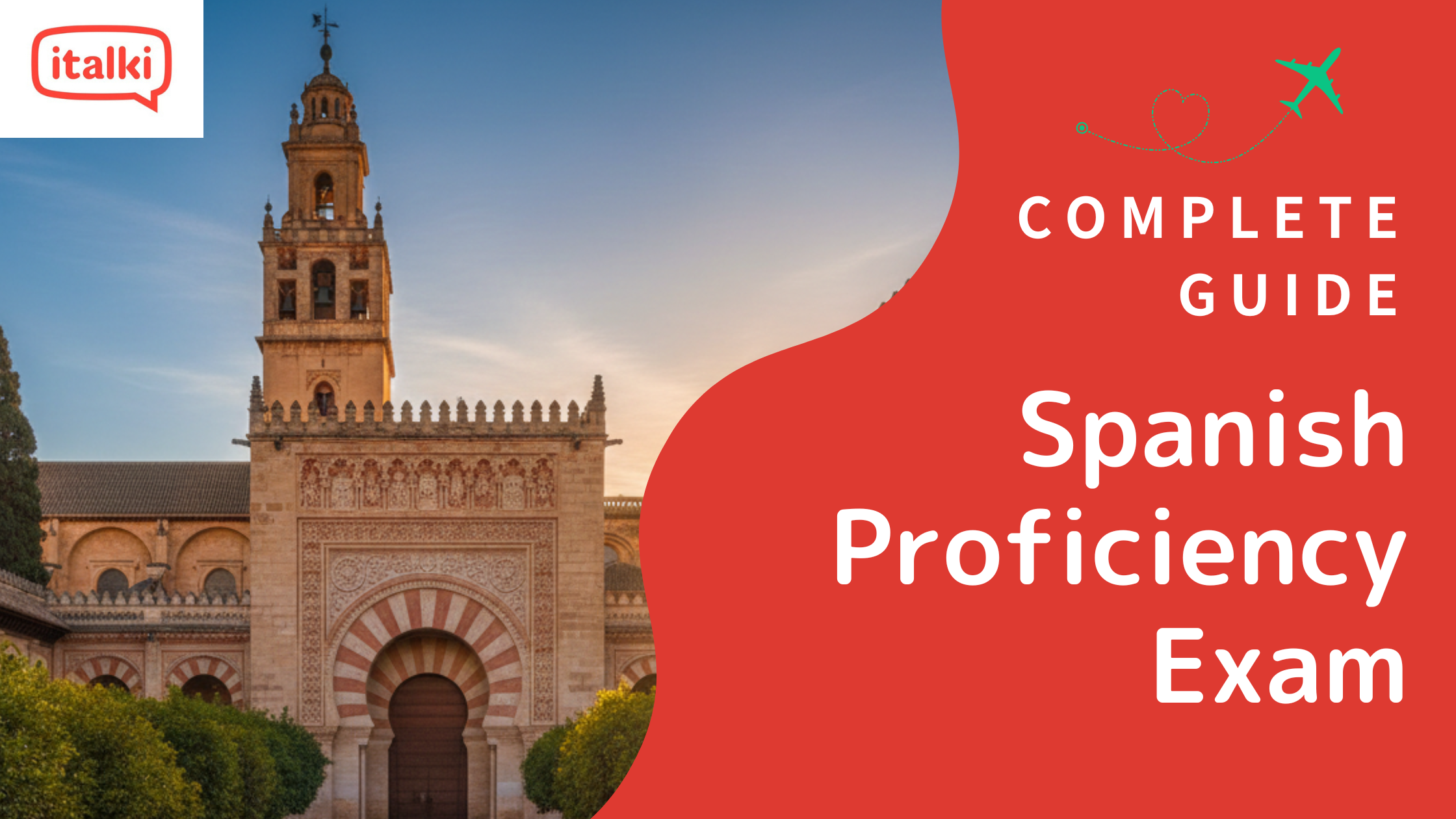Do you know how to say ‘me’ in French? If not, stick around because this word is commonly used in daily conversations. From giving commands to asking questions ‘me’ is widely used in French sentences.
‘Me’ in French is: “moi” (pronounced mwa). For example, “Venez-vous avec moi?” (Are you coming with me?). The object pronoun “me” also means me. For example, “Est-ce que vous me voyez?” (Do you see me?). The command, “Donnez-moi” means “give me”.
There are different ways to say ‘me’ in French depending on the nature of the situation. In the table below, we have mentioned different ways to say me in French based on several situations. We recommend you learn basic French words by keeping in mind their contextual usage. It will help you broaden your perspective on the language.

Learn French on italki
Join the global community of language learners today! Sign up for italki and start improving your language skills with native-speaking teachers from around the world.
Create an italki account
Here are the ways of saying “me” in French:
| “Me” in French | Comments: Usage and grammar |
| Avec moi (with me) | Moi is a stressed pronoun. Stressed pronouns are preceded by prepositions such as avec (with), sans (without), and pour (for). |
| Moi, j’aime… (Me, I like…) | In this context, moi ads emphasize and mean “Personally” or “As for me”. |
| Vous me regardez (You look at me). Vous m’aimez (You love me) | Here, me and m’ mean “at me” and “me”. The French “me” is a direct object pronoun. |
| Vous me répondez (You answer me) | Here me is an indirect object pronoun and simply means “me”. |
| Donnez-moi / Ne me donnez pas (Command: give me, don’t give me) | Here moi and me appear in the context of an affirmative and negative imperative (command). |
Pronunciation of ‘moi’
“Mwah” is how you pronounce moi. In fact, all words that begin with the letters “oi” sound like wah. The literal translation of “moi” is “me.” Moi is an emphasized pronoun. This means that the word moi is frequently (but not always) followed by prepositions like avec (with), pour (for), sans (without), contre (against), sur (on), and chez (at home or place of).
Here are some examples of sentences in which moi appears as a stressed pronoun with the above prepositions.
– Est-ce que tu viens avec moi? Are you coming with me?
– Il travaille pour moi. He works for me.
– Ils ne partent pas sans moi. They’re not leaving without me.
– Êtes-vous contre moi? Are you against me?
– Mes amis comptent sur moi. My friends count on me.
– Elle dort chez moi. She’s sleeping at my place.
Moi can also be used to emphasize the word “je” (I). “moi” can mean both “personally” and “as for me” in this context. For example:
– Moi, je préfère parler français! (Personally/As for me,) I prefer speaking French!
– Moi, je n’aime pas le chou-fleur. (Personally/As for me,) I don’t like eating.
Moi can also be used to give commands. For example:
– Parle-moi! Speak to me!
– Écrivez-moi! Write to me!
– Téléphonez-moi! Call me!
Use “me” for negative commands. Here are some previous examples of there in the negation.
– Ne me parle pas! Don’t speak to me!
– Ne m’écrivez pas! Don’t write to me!
– Ne me téléphonez pas! Don’t call me!
Learn French with italki
Before going further, here is an amazing course recommendation for you. You can now learn French online with italki. This platform has managed to gather the best learning resources and amazing online French teachers making language learning super easy and more organized.

Find Your Perfect Teacher
At italki, you can find your French tutor from all qualified and experienced teachers. Now experience the excellent language learning journey!
Book a trial lesson
You can select the instructor based on your preferences and learning objectives. The registration process is very easy. All you need to do is to visit the website. Choose your instructor, book your lessons, and start learning right away. Grab this amazing learning opportunity and become a fluent French speaker!
The meaning of ‘me’ in French
“Me” (pronounced lə or luh) is another way to say “me” in French. The pronoun “me” serves as a direct object pronoun in the following sentences. This means “at me” and “me” for verbs not preceded by the preposition à.
– Vous me voyez. You see me.
– Tu me regardes. You look at me.
– Il me connaît. He knows me.
– Elle m’invite. She invites me.
“Me” is an indirect object pronoun that means “me” for verbs followed by the preposition à in the following sentences.
– Elle me parle. She speaks to me.
– Tu me réponds. You reply to me.
– Ils m’écrivent. They write to me.
Me too and me neither
In French, the rules for expressing “me too,” “so am/do I,” and “me neither” are a little tricky. If someone makes an affirmative statement and you want to agree, you must say “moi aussi,” which means “me too,” “so do I,” or “so am I.”
However, if someone says “Je n’aime pas le chou-fleur” (I don’t like cauliflower) and you want to agree by saying “me neither,” you must say “moi non plus.” You cannot use “moi aussi” to say “me too” when you agree with a negative statement. “moi non plus” must be used.
Now let’s move towards some common French phrases containing ‘me’. Note them down as they are going to help you carry out basic conversations in French.
– C’est moi! It’s me!
– C’est pour moi. It’s for me.
– Excuse-moi / Excusez-moi. Excuse me.
– Appelle-moi / Appelez moi. Call me.
– Veux-tu m’épouser? / Voulez-vous m’épouser? Will you marry me?
– Pardonne-moi / Pardonnez-moi. Forgive me.
– Suis-moi / Suivez-moi. Follow me.
– Parle-moi / Parlez-moi. Talk to me.
– Pas moi. Not me.
– Donne-moi / Donnez-moi. Give me.
– Montre-moi / Montrez-moi. Show me.
– Avec moi. With me.
– Viens avec moi / Venez avec moi. Come with me.
– Qui, moi? Who me?
– Réponds-moi / Répondez-moi. Answer me.
– Attends-moi / Attendez-moi. Wait for me.
– Pourquoi moi? Why me?
– Ça marche pour moi. That works for me.
Learning common phrases, vocabulary, grammar, and French prepositions is necessary in order to gain fluency. If you are a beginner, start from the basic French words and grammar rules and gradually move towards the advanced ones.
Conclusion
In this guide, we have explored the word ‘me’ in French along with a wide range of examples. Look for these examples to understand the contextual use of the phrase. Apart from this, try learning basic French expressions for example, hello, thank you, welcome, and good morning in French.
If grammar details like pronouns feel confusing, a French tutor can clear things up quickly. They’ll explain the rules in a way that makes sense, correct your mistakes in real-time, and give you practice using “me,” “moi,” and other pronouns naturally. French tutoring provides the personalized feedback that makes tricky grammar concepts click.
Want to learn a language at italki?
Here are the best resources for you!



















